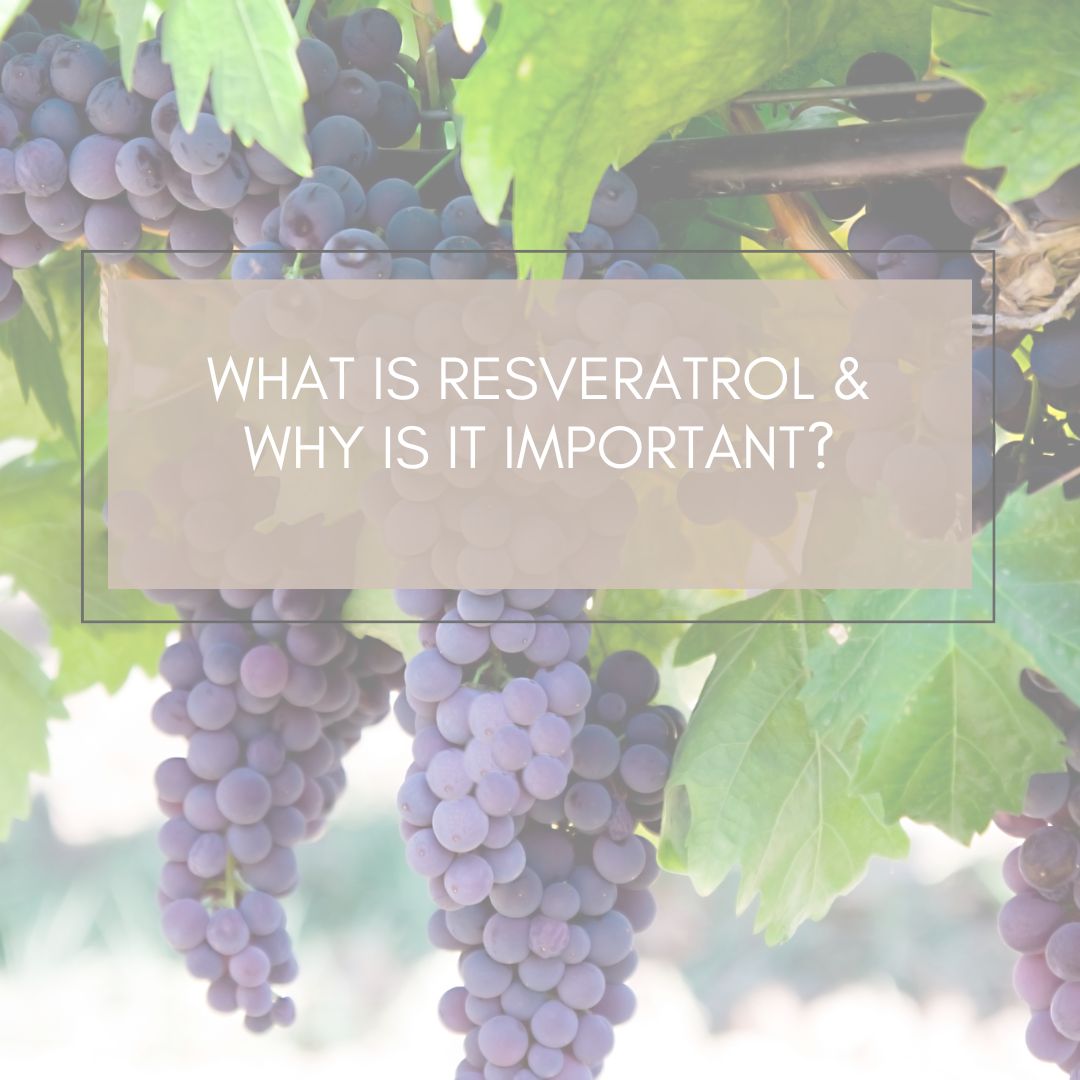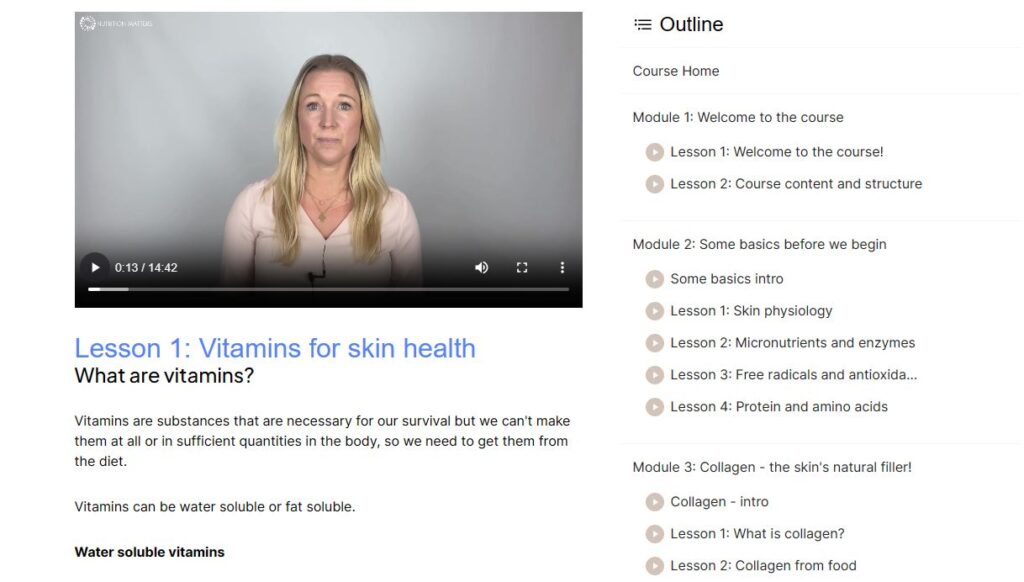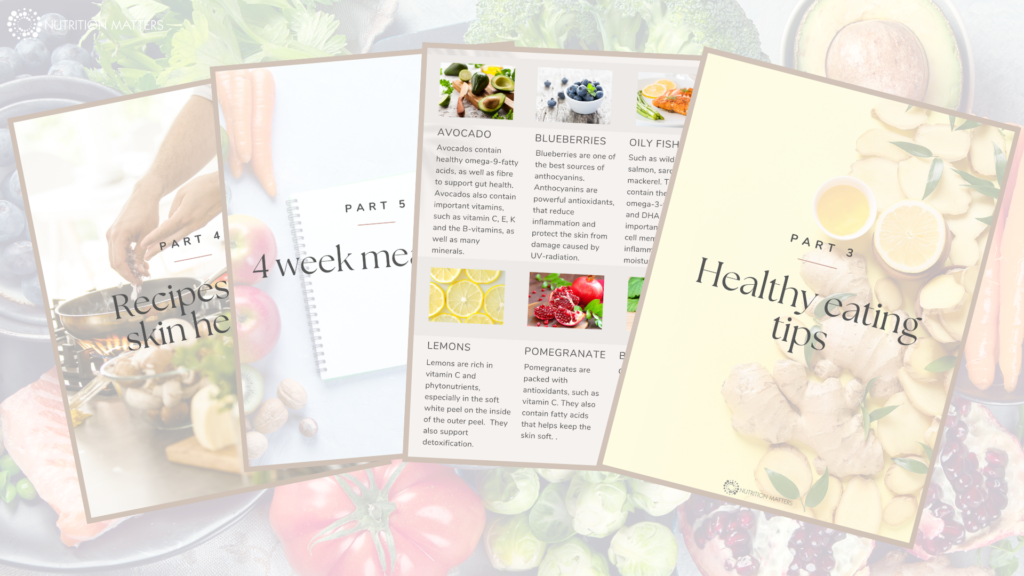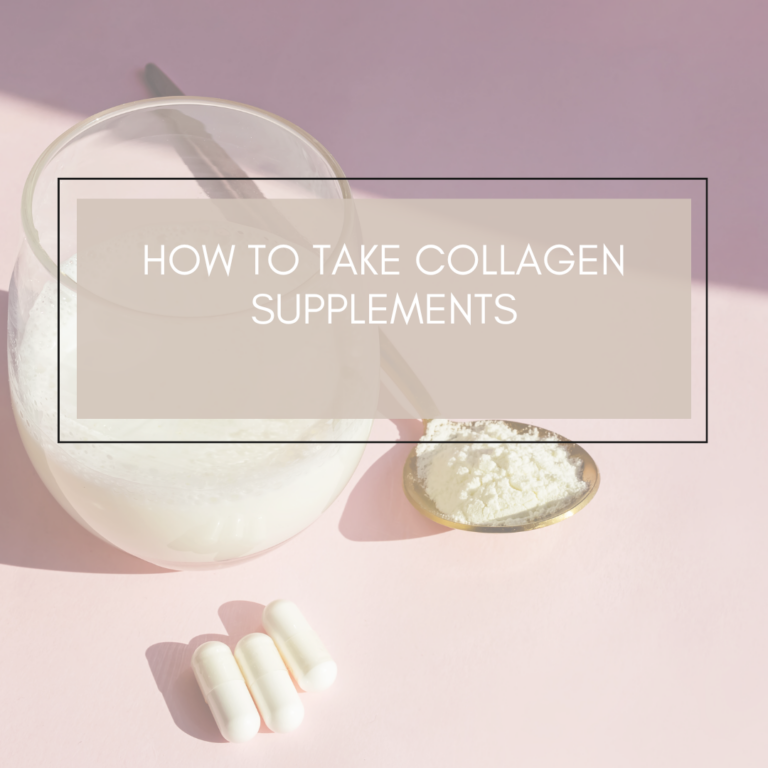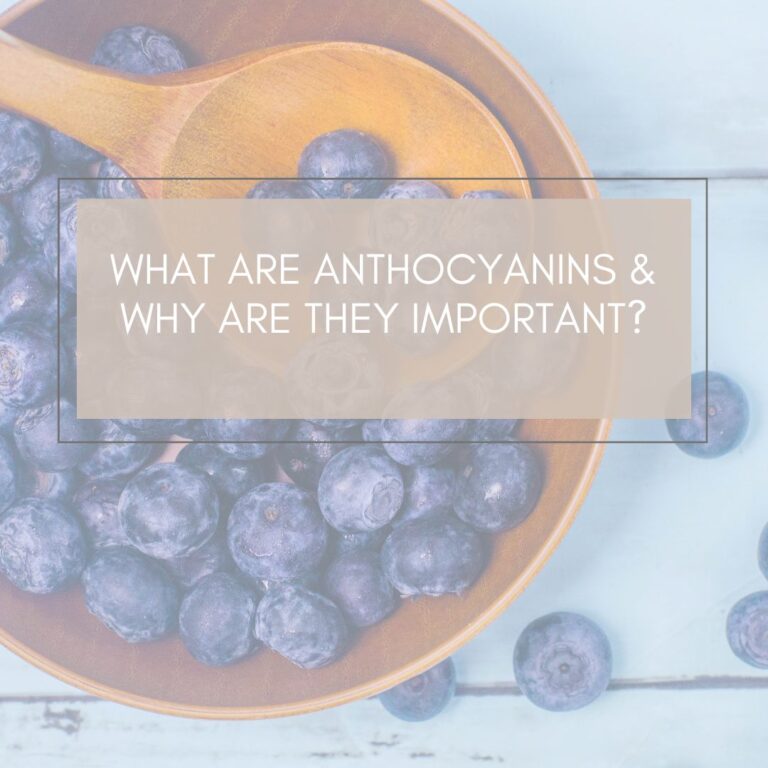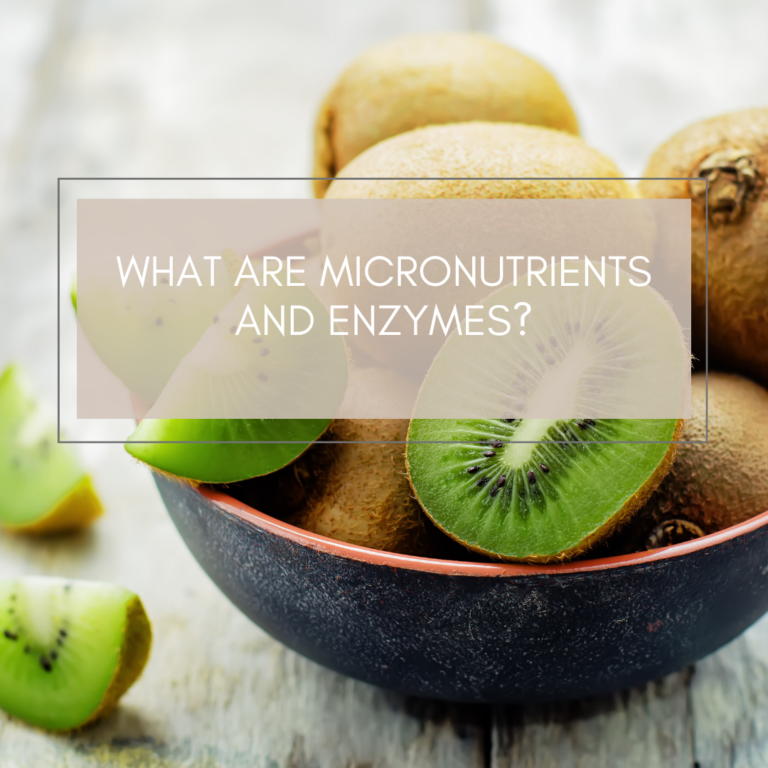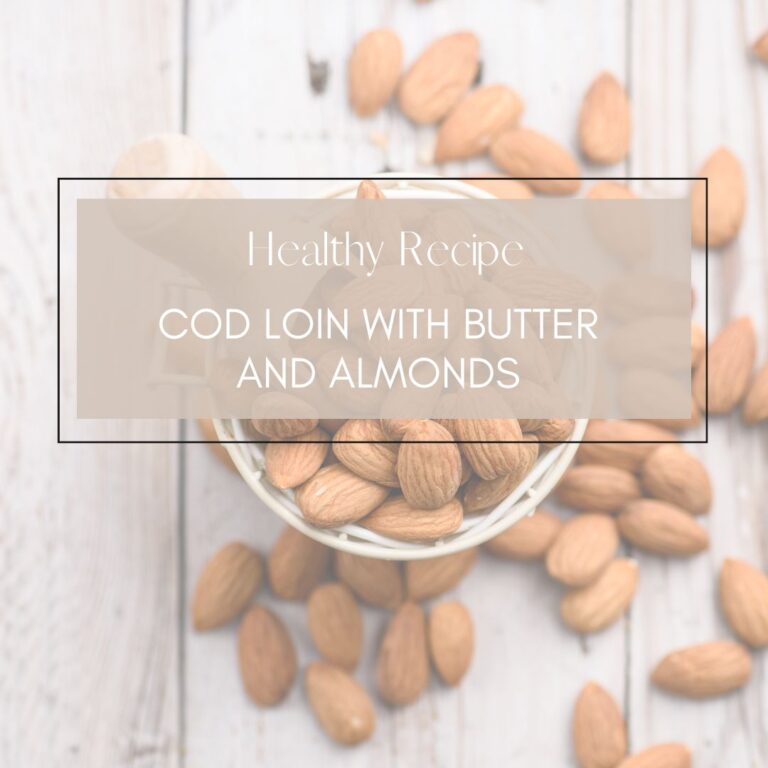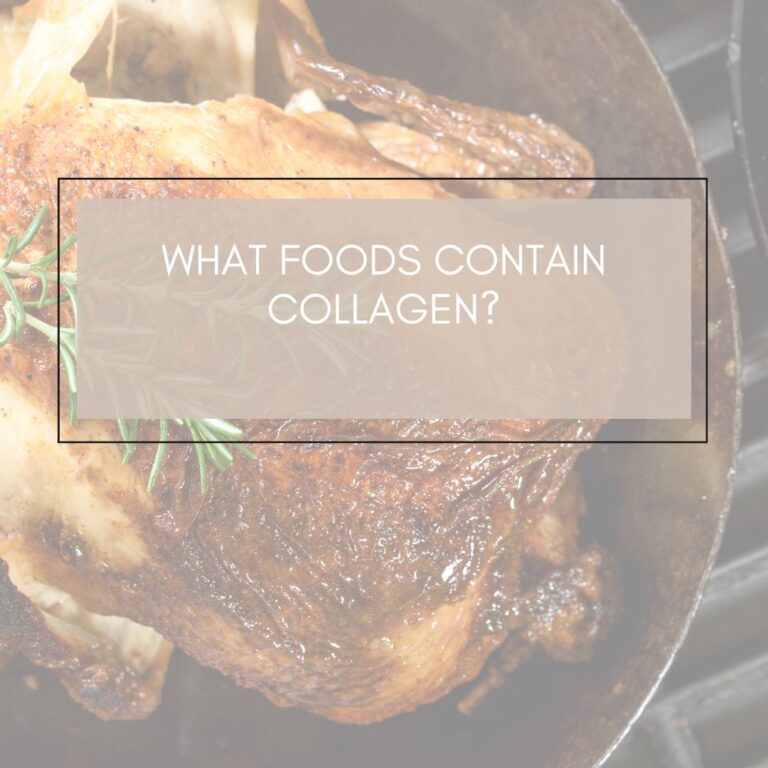Resveratrol for skin health
There is a lot of talk about resveratrol at the moment. It is found in the peel of grapes and in their seeds, wine (especially in red wine), blueberries, cranberries, peanuts, pistachios, and dark chocolate. There are also many supplements that contain resveratrol.
Even though there’s resveratrol in wine, it is not the best source as you need a large number of bottles of wine to fully derive the health benefits of the resveratrol found in red wine! Resveratrol is formed in various plants to protect them from insect infestation.
What are the health benefits of resveratrol?
Resveratrol belongs to the flavonoid family and is another phytonutrient with anti-inflammatory and antiotixdant properties. Resveratrol also support your cardiovascular system and has an effect on the immune system by reducing inflammation and increasing circulating T-cells, which is good news for immune function.
Resveratrol stimulates sirtuin-genes (SIRT) that are associated with healthy aging. There is currently a lot of research on the beneficial effect of resveratrol supplementation and the aging process within cells. Harvard Professor David Sinclair has researched anti-aging medicine for the last 30 years and he has seen some remarcable effects of nutrients, of which resveratrol is one, on biological age and longevity.
When the skin is exposed to UV radiation, so-called photooxidative stress and inflammation are formed in the skin. Read more about oxidative stress here. One study showed that substances in grapes can protect against this type of acute damage to the skin caused by the sun’s harmful UV radiation. It seems to also reduce the risk of developing skin cancer.
In the study, 19 adults ate a freeze-dried grape powder for 14 days. After the end of the study, their natural sun protection had increased by almost 75 percent compared to before the start of the study. It was also seen reduced levels of a protein that stimulates inflammation and that it protected against DNA damage.
According to the researchers, this is the first study that shows that consuming grapes via the diet can protect the skin from harmful UV radiation. Resveratrol reduces MMP enzymes by stimulating a gene called sirtuin 1 (SIRT1) which inhibits the formation of the enzymes. Sirtuin genes are associated with healthy aging. Resveratrol is also used in skin care products that is applied topically, which has shown benefits on skin health and is regarded as safe.
Resveratrol supplementation
One problem with using resveratrol in different types of supplements and drugs is it is low bioavailability, which means that it’s not absorbed very well. The form that has the best bioavailability is trans-resveratrol. The name “trans” means that it has a certain shape that makes it more easily absorbed.
An intake of up to 1000mg of resveratrol per day is regarded as safe. Large doses of resveratrol has been shown to cause stomach upset. However, resveratrol can interact with some medications, for example anticoagulants and antiplatelet drugs, as it can slow down the clotting process. Therefore, don’t use resveratrol if you suffer from a clotting disorder or is about to undergoing surgery. It may also have an effect on oestrogen metabolism, so don’t use if you have low oestrogen. Always speak to your doctor or health professional before using resveratrol (or other) supplements.
Nutrition Matters Skin –
Your complete guide to beautiful skin from within!

